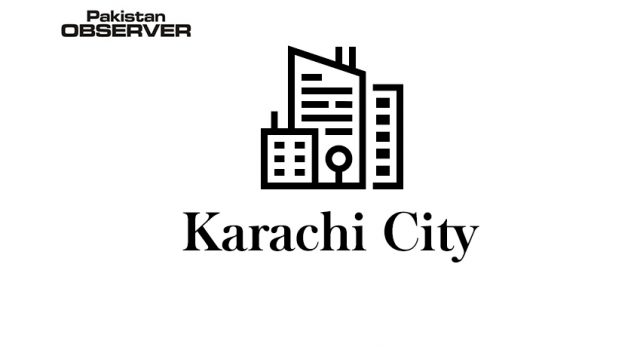A high-level dialogue on the sustainable development cooperation framework was held at a local hotel.
Sindh Minister of Health and Population Welfare Dr. Azra Fazal Pechuho and chaired by United Nations Resident Coordinator for Pakistan Julien Harneis.
Parliamentary Secretary Health, Sindh Qasim Siraj Soomro, Secretary Health Dr Kazim Jatoi were also in attendance.
Dr. Azra expressed thanks for conducting an indepth provincial dialogue on SDGs for setting intervention targets for year 2023-2027.
And also for there being focus on subnational cooperation in UN decision making where earlier it had more of federal and central directives.
This will facilitate a large input from Sindh and a bilateral discussion will be able to take place that will include a wider network of stakeholders, such as the youth and the marginalized.
Sindh will be identifying the priorities for the region at the ground level and will ensure the UN its full support in achieving these mutual targets like climate change, gender equality, disability inclusion for example.
Health and clean drinking water, the environment, reproductive rights, with safe deliveries and safe motherhood, strengthening working communities like the lady health workers and community midwives are all crucial areas of focus for Sindh, the minister for health and population welfare said.
During the Q/A session in a response to justice being inaccessible for the majority of the people it is meant to serve, the Minister suggested that there should be training at the level of the police and judicial institutions on how to appropriately handle cases of a sensitive nature, especially gender and domestic violence.
Dr. Azra also mentioned the 1000 Days Project that will allow service delivery to marginalized and underserviced areas where access to health services is minimal or absent, reaching the most remote areas of Sindh.
Sindh has played a major role in pushing for gender equality legislation and that the UN helping these being implemented is a significant benefit to this collaboration between the Sindh Government and the UN.
The Minister also added that the provincial representative at the UN would be better aware of the ground realities and priorities of the region which would make this type of implementation achievable.










